A customer service specialist addresses customer satisfaction through query resolution and provision of information regarding the product or service. Here is an elaborate guideline on becoming one: what qualifications are needed, the current state of the job market, daily responsibilities, and more.
Qualifications Needed
To become a customer service specialist, the following qualifications and skills are typically required:
- Education: The minimum requirement is a high school diploma or equivalent. Others may prefer or require a college degree in business administration, communications, or a related field.
- Skills:
- Excellent communication and interpersonal skills.
- Problem-solving abilities.
- Patience and empathy.
- Proficiency in using customer service software.
- Multitasking capabilities.
- Basic computer skills and familiarity with office software.
Job Market in Different States in the USA
The job market for customer service specialists can vary significantly across different states:
- California: High demand due to numerous tech companies and large businesses.
- Texas: Growing opportunities with many call centers and corporate offices.
- New York: Significant demand in finance, healthcare, and retail sectors.
- Florida: Opportunities in tourism, healthcare, and retail.
- Illinois: Chicago offers many positions in finance, retail, and tech.
Average Annual Salary for Customer Service Specialists (2018–2024)
| Year | Average Salary (USD) |
|---|---|
| 2018 | $35,000 |
| 2019 | $36,500 |
| 2020 | $38,000 |
| 2021 | $39,500 |
| 2022 | $41,000 |
| 2023 | $42,500 |
| 2024 | $44,000 |
Step-by-Step Procedure to Become a Customer Service Specialist
- Obtain Required Education: Start with a high school diploma or GED.
- Develop Key Skills: Focus on communication, problem-solving, and computer skills.
- Gain Experience: Entry-level positions in retail, hospitality, or other customer-facing roles can be beneficial.
- Consider Further Education: A degree in business or communications can improve job prospects.
- Apply for Jobs: Tailor your resume to highlight relevant skills and experience.
- Prepare for Interviews: Practice common customer service interview questions.
- Continued Learning: Attend workshops and training to stay updated on industry trends and software.
Daily Responsibilities
Entry-Level Customer Service Specialists:
- Answering customer inquiries via phone, email, or chat.
- Providing product or service information.
- Handling complaints and providing solutions.
- Processing orders, forms, and applications.
Mid-Level Customer Service Specialists:
- Handling escalated issues.
- Training and mentoring new hires.
- Analyzing customer feedback and suggesting improvements.
- Coordinating with other departments to resolve the complex problems.
Senior Customer Service Specialists:
- Managing customer service teams.
- Developing and implementing customer service policies.
- Overseeing quality assurance programs.
- Analyzing service metrics and preparing reports.
Types of Customer Service Specialists
- Frontline Customer Service Representative: Direct customer interaction to handle inquiries and issues.
- Technical Support Specialist: Assisting customers with technical problems related to products or services.
- Customer Success Manager: Ensuring long-term customer satisfaction and success with products or services.
- Customer Service Escalation Specialist: Handling complex or escalated customer issues that frontline representatives cannot resolve.
- Live Chat and Social Media Support Agent: Providing customer support via live chat and social media platforms.
- Call Center Quality Analyst: Monitoring and analyzing call center performance to ensure high-quality customer service.
What It’s Like to Be a Customer Service Specialist
Work Environment: Normally, the customer service representative will work in an office, call center, or even from their homes. The environment is often fast-moving, with many activities happening simultaneously.
Working Conditions: Though a job can be stressful, mostly due to unhappy customers, it is also rewarding to solve the problem or help the customer finally.
Challenges: High call volumes, difficult customers, and meeting performance metrics can be challenging.
Career Path: It’s a good career path for those who enjoy helping others and problem-solving. There are opportunities for advancement into supervisory and management roles.
Necessary Software
Customer service specialists often use the following software:
- Customer Relationship Management (CRM) Software: Tools like Salesforce or Zendesk to manage customer interactions.
- Help Desk Software: Systems like Freshdesk or Jira Service Desk are used to track customer issues.
- Live Chat Software: Applications like LiveChat or Intercom for real-time customer support.
- Social Media Management Tools: Platforms like Hootsuite or Sprout Social are used to manage social media interactions.
- Communication Tools: Software like Slack or Microsoft Teams for internal communication.
FAQs
- What education is required to become a customer service specialist?
- A high school diploma is typically required, though some positions may prefer a college degree.
- What skills are important for a customer service specialist?
- Key skills include communication, problem-solving, patience, empathy, and proficiency with customer service software.
- What are the daily responsibilities of a customer service specialist?
- Responsibilities vary by level but generally include answering inquiries, resolving issues, processing orders, and providing product information.
- What types of customer service specialists are there?
- Types include frontline representatives, technical support specialists, customer success managers, escalation specialists, live chat and social media support agents, and call center quality analysts.
- Is being a customer service specialist a good career path?
- Yes, it offers opportunities for growth and advancement, especially for those who enjoy helping others and solving problems.
By following this guide, you can embark on a rewarding career as a customer service specialist equipped with the necessary qualifications, skills, and knowledge to succeed. Want to know How to become a Dispatcher? Read a complete guided article on Grasp Solutions.





